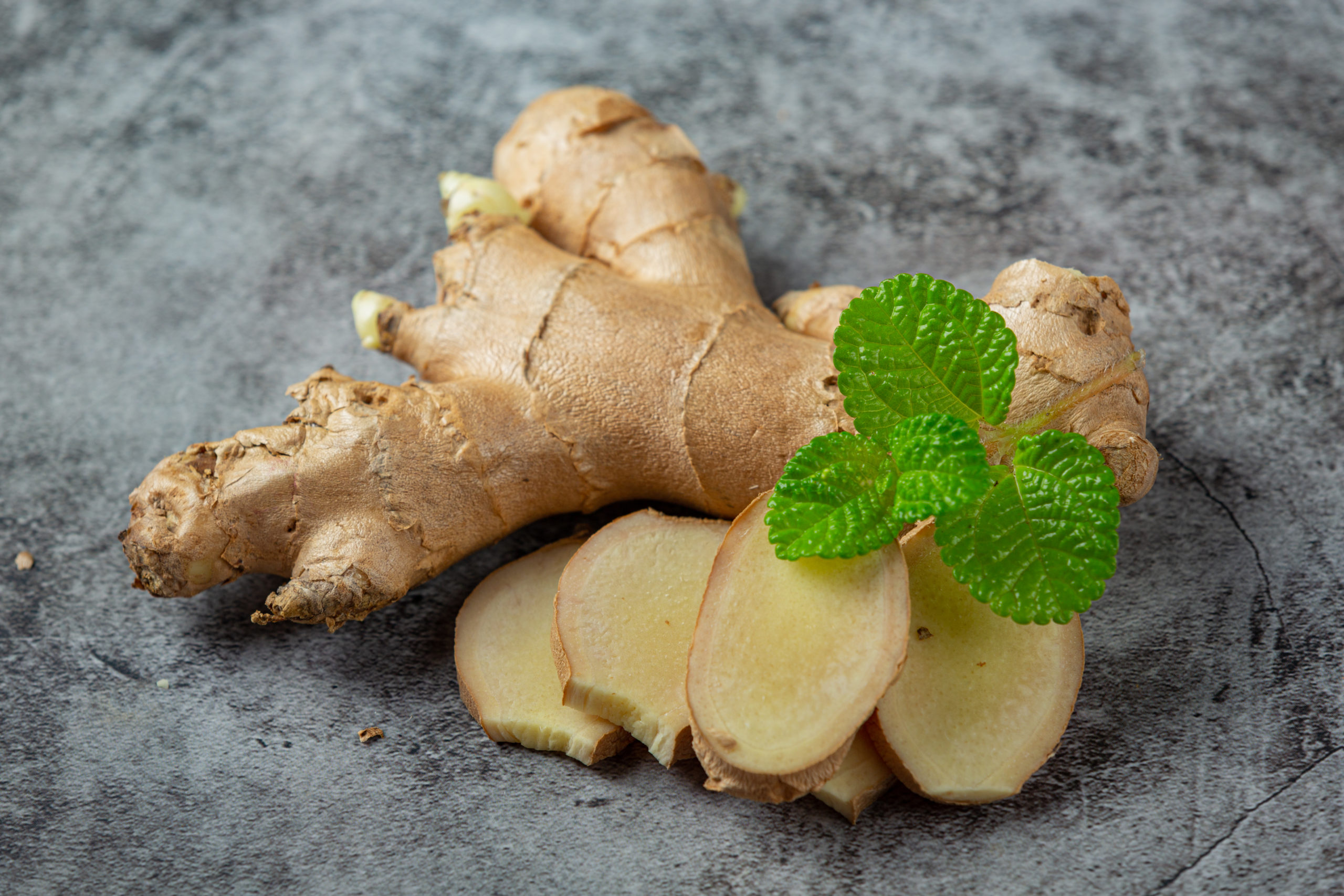Fresh ginger belongs to the Zingiberaceae family, a flowering plant with rhizomes, and is a widely used spice in a variety of recipes or for medicinal purposes. Members of the Zingiberaceae family include; turmeric, cardamom, and galangal among others. Its origins can be traced to Maritime Southeast Asia but as of today, it is used all over the world.
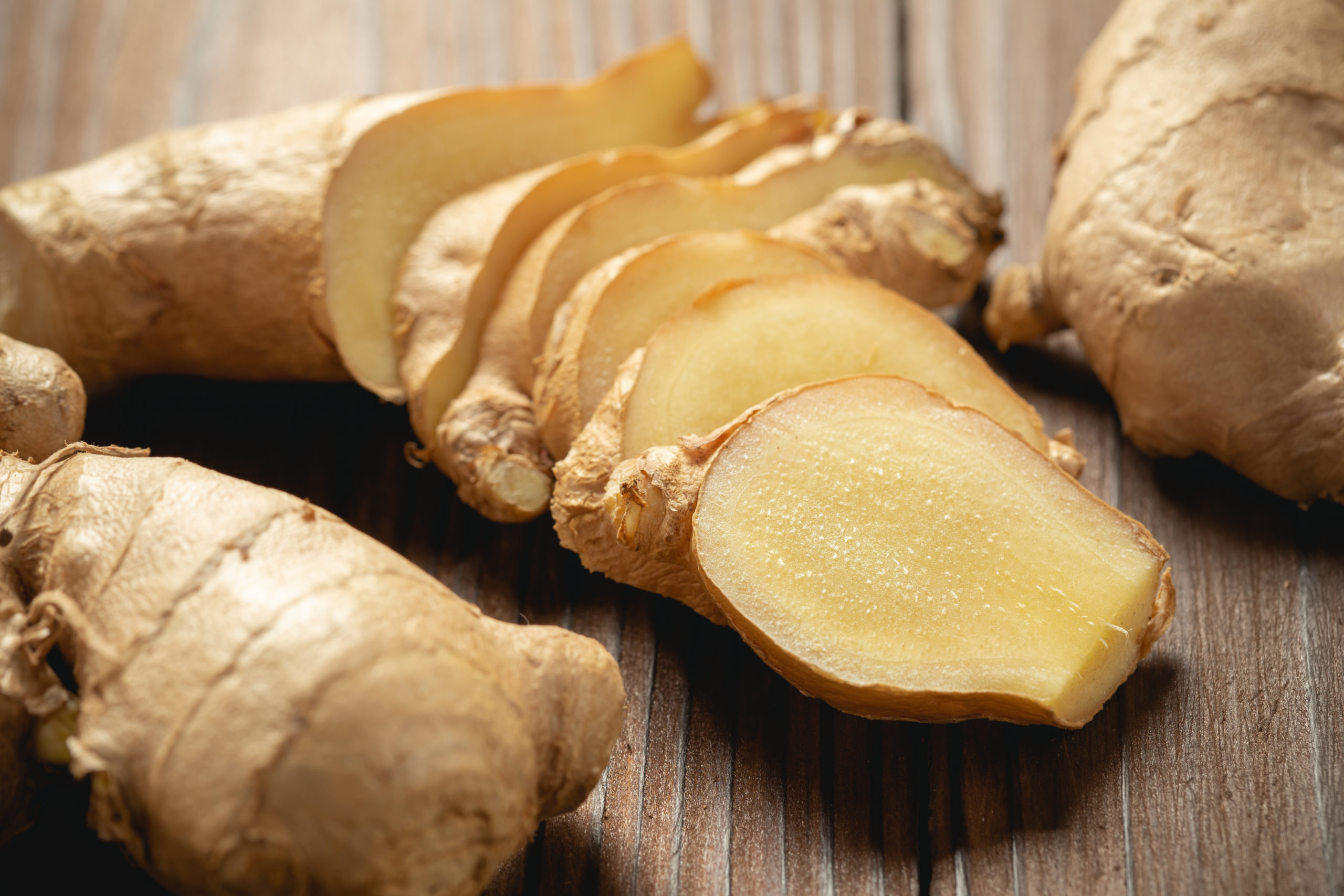
Fresh ginger rhizomes are gathered when the stalk withers. It can be scalded, washed, or scraped to prevent the stalk from sprouting again. The skin of fresh ginger is smooth and light brown with a bit of sheen to it. It has a sweet pungent flavor and can be used in making tea.
This healthy ingredient provides your recipe with antibacterial compounds that can help prevent several infections. It is also a great source of nutrients containing calcium, potassium, magnesium, sodium, zinc, iron, dietary fiber, and vitamins B (1, 2, 3, 5, 6, & 9), C, and E.
Use in other recipes
Fresh ginger is a magic ingredient that can be used in different recipes. It can be cooked, boiled, stir-fried, or used in garnishes but in the end, it gives your recipe its sweet-spicy flavor. This fleshy and juicy ingredient with its mild taste can be used in making Ginger Herb Tea, Masala Chai known to Indians, Ginger Garlic Masala, Tofu known to the Japanese, and WedangJahe is known to Indonesians.
Ginger Nutrition Facts
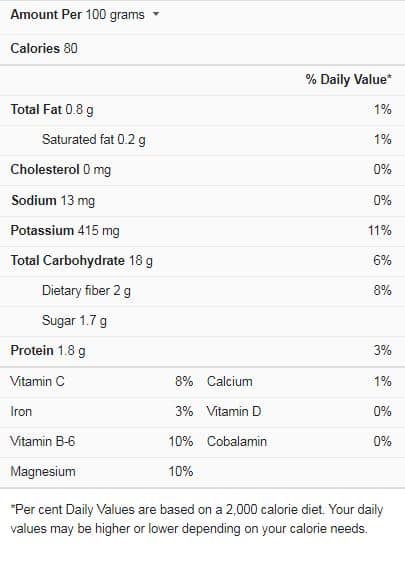
Substitute for fresh Ginger
For one reason or the other, you might be in a pinch when your recipe requires fresh ginger. Your kitchen cabinet or spice rack might have any of the ingredients that can substitute fresh ginger. You do not have to run to the nearest store or cancel your cooking if you have any of the following ingredients:
Allspice
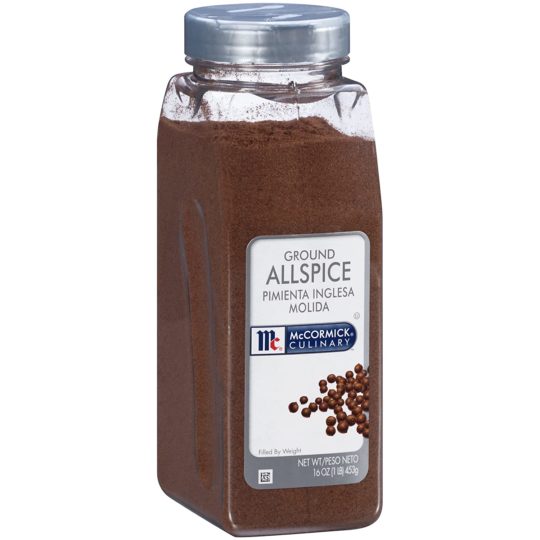
Allspice is an ideal replacement for fresh ginger in recipes that call for it. It is a dry spice with a mildly sweet and spicy flavor that can do the job of fresh ginger in your recipe. It is called allspice because its flavor is similar to that of many spices like cinnamon, nutmeg, cloves, and even ginger. When in a pinch and it is available, it is as good as fresh ginger although it can change the look of your dish. But it still gives it the same peppery touch as fresh ginger.
Cinamon
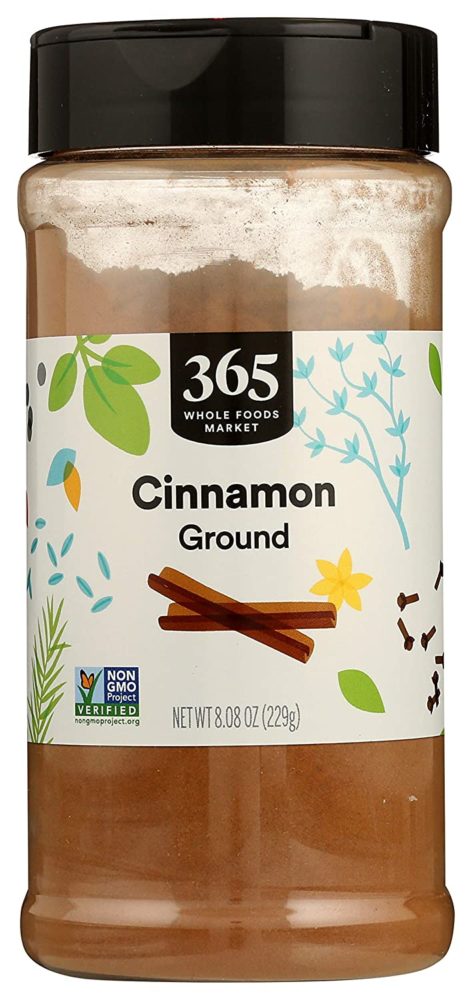
The sweet and warm flavor of this spice is very identical to that of fresh ginger. Cinnamon is gotten from the dried interior of the bark of the cinnamon tree. This is a great substitute for fresh ginger when a recipe calls for it but you are all out.
Crystallized Ginger
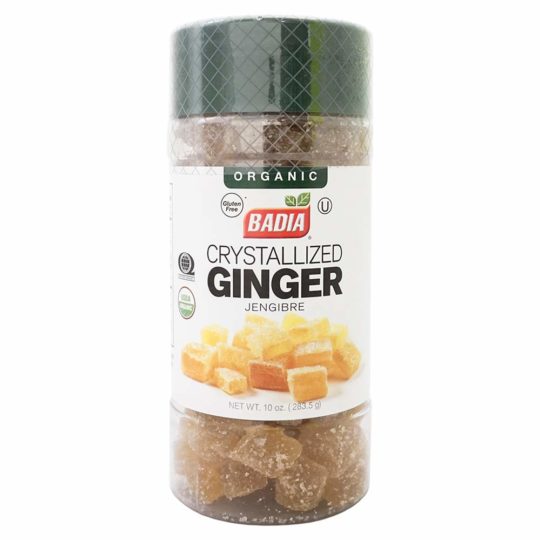
This is also known as candied ginger. It is produced by cooking fresh ginger in sugar water then rolling it in sugar. This process makes it very sweet compared to fresh ginger. This implies that you will have to use more crystallized sugar when substituting it for fresh ginger to get the punch of fresh ginger in your recipe. This substitute is most used for baked goods.
Mace
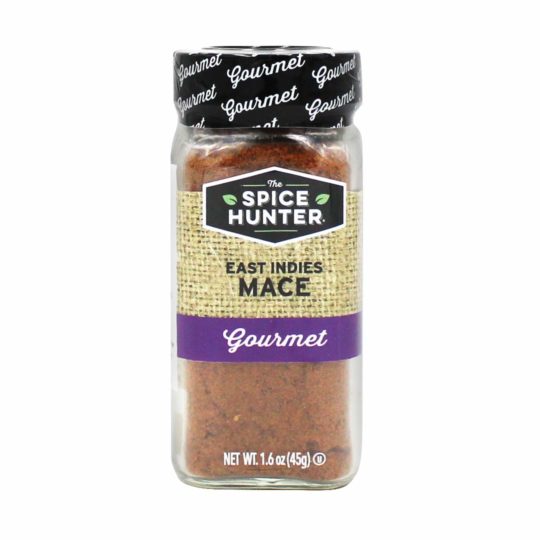
Mace is another ideal substitute for fresh ginger. It is made up of the bright, red lace-like coating found on nutmeg seed. It has a warm, spicy and sweet flavor like fresh ginger. For every tablespoon of fresh ginger, substitute with ¼ teaspoon of mace.
Ground Ginger
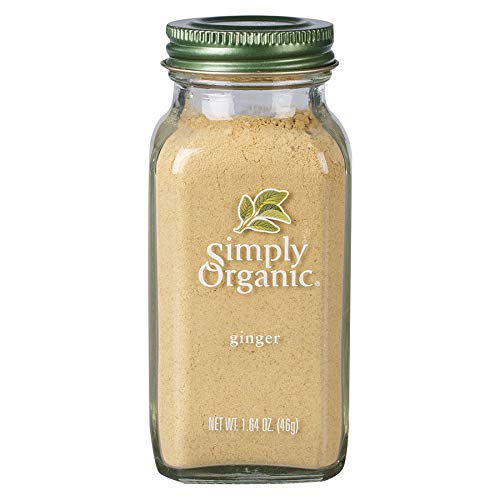
When fresh ginger is dried and then ground into powdered form, it is called ground ginger. It can substitute fresh ginger in your recipe when in a pinch. It is not as spicy as fresh ginger but with the right amount of it, you can achieve the spiciness of fresh ginger.
Substitute for fresh Ginger in stir fry
When in a pinch for fresh ginger while making your stir fry, the best substitute is candied ginger which is also known as crystallized ginger. The candy can be melted first then added subsequently to release the flavor. Other substitutes for fresh ginger in stir fry include turmeric and allspice.
Substitute for fresh Ginger in asian cooking
Ginger is said to have originated from Asia. It is an ingredient that is used in a variety of recipes in Asia. Fresh ginger in Asian cooking cannot be overlooked. When you run out of it, there are plenty of options to pick from as substitutes. Galangal, Mace, Cardamom, Cinnamon, Ground Ginger, Candied/Crystallized Ginger, and Allspice can be used to substitute for fresh ginger in Asian cooking depending on the recipe. They can all provide flavors similar to that of fresh ginger.
Frequently asked questions [FAQ]
How much-dried Ginger do I substitute for fresh Ginger?
Dried ginger can be substituted for fresh ginger in a recipe but knowing the right amount to substitute is important. Even though dry ginger is not as pungent as fresh ginger, it can do the trick. For each 1 tablespoon of fresh ginger, substitute it with ¼ teaspoon of dried ginger.
Is dry Ginger as good as fresh Ginger?
In terms of flavor, dry ginger is not as good as fresh ginger. Fresh ginger produces a stronger flavor while dry ginger produces a similar flavor but not as pungent as fresh ginger. In terms of health benefits, dry ginger is as good as fresh ginger or even better because it contains high levels of both gingerol and shogaol while fresh ginger posses gingerol and low levels of shogaol.
Can dried Ginger be substituted for fresh Ginger?
The answer to this is yes. Dried ginger is fresh ginger that has undergone the process of dehydration to become dry. Dried ginger can be substituted for fresh ginger. Dried ginger is best used when grounded where a recipe calls for fresh ginger as it cannot be used directly except it is grounded.
Is dried Ginger and ground Ginger the same?
Dried ginger is fresh ginger that has been dried and has lost all its juice while ground ginger is dry ginger that has been ground into powdered form.
Conclusion
To sum it up, mace, cinnamon, crystallized ginger, and allspice are wonderful substitutes for fresh ginger but you should be aware that they won’t provide you with the same spicy and sweet flavor as fresh ginger would but they can surely provide you with something similar.
